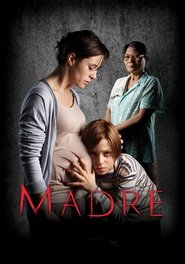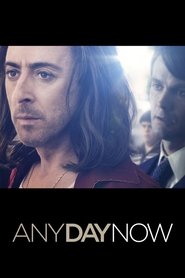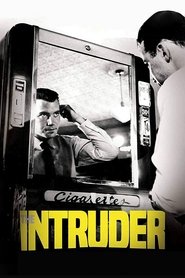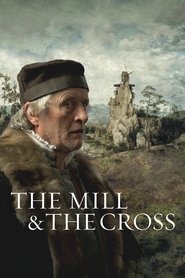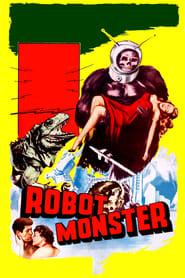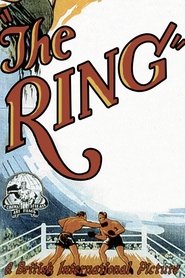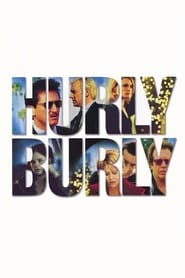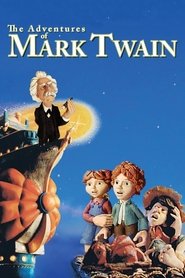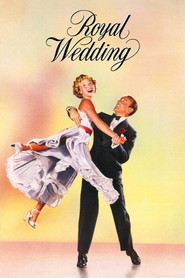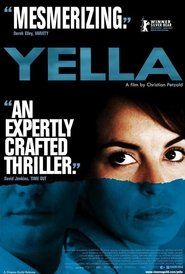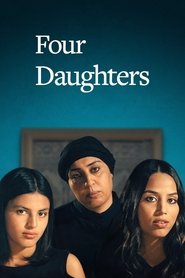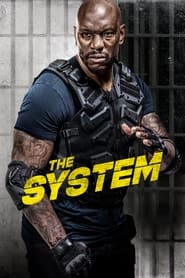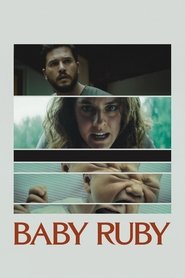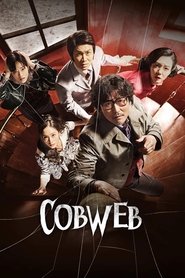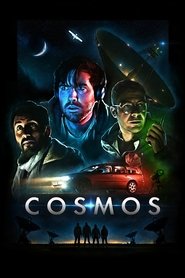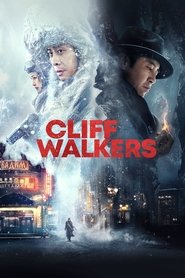Top Rated Movies on Kanopy - Page 183
-
The Oath
2018
The Oath
2018
star 5.6In a politically-divided United States, a man struggles to make it through the Thanksgiving holiday without destroying his family. -
Mother
2016
Mother
2016
star 6.5A pregnant woman, who is taking care of her son with development problems, is at her breaking point when a caregiver from the Philippines steps into her life. Diana suspects that she’s using voodoo against her after the quick improvements of her son. -
Still the Water
2014
Still the Water
2014
star 6.8On the Japanese island of Amami, despite lacking parental guidance, Kaito and his girlfriend Kyoko try to find their place in the world. While Kaito suffers from the absence of his father, who moved to Tokyo after his birth, Kyoko must come to grips with her mother’s terminal illness. -
Any Day Now
2012
Any Day Now
2012
star 7In the late 1970s, when a mentally handicapped teenager is abandoned, a gay couple takes him in and becomes the family he's never had. But once the unconventional living arrangement is discovered by authorities, the men must fight the legal system to adopt the child. -
The Intruder
1962
The Intruder
1962
star 7.1A man in a gleaming white suit comes to a small Southern town on the eve of integration. He calls himself a social reformer. But what he does is stir up trouble--trouble he soon finds he can't control. -
The Mill and the Cross
2011
star 6.4What would it be like to step inside a great work of art, have it come alive around you, and even observe the artist as he sketches the very reality you are experiencing? From Lech Majewski, one of Poland's most acclaimed filmmakers, The Mill and the Cross is a cinematic re-staging of Pieter Bruegel's masterpiece "Procession to Calvary," presented alongside the story of its creation. -
Robot Monster
1953
Robot Monster
1953
star 4.5Ro-Man, an alien robot who greatly resembles a gorilla in a diving helmet, is sent to earth to destroy all human life. Ro-Man falls in love with one of the last six remaining humans, and struggles to understand how his programming can instruct him to kill her while his heart demands that he can't. -
The Ring
1927
The Ring
1927
star 5.9Both Jack Sander and Bob Corby are boxers in love with Mabel. Jack and Mabel wed, but their marriage is flat. The young wife looks to Bob for comfort. -
Hurlyburly
1998
Hurlyburly
1998
star 5.5A group of actors and their casting agents try to find a direction in their lives whilst coming to terms with their personal problems and relationship conflicts. -
The Adventures of Mark Twain
1985
star 6.8Based on elements from the stories of Mark Twain, this feature-length Claymation fantasy follows the adventures of Tom Sawyer, Becky Thatcher and Huck Finn as they stowaway aboard the interplanetary balloon of Mark Twain. Twain, disgusted with the human race, is intent upon finding Halley's Comet and crashing into it, achieving his "destiny." It's up to Tom, Becky, and Huck to convince him that his judgment is wrong and that he still has much to offer humanity that might make a difference. Their efforts aren't just charitable; if they fail, they will share Twain's fate. Along the way, they use a magical time portal to get a detailed overview of the Twain philosophy, observing the "historical" events that inspired his works. -
Royal Wedding
1951
Royal Wedding
1951
star 6.4A brother and sister dance act encounter challenges and romance when booked in London during the Royal Wedding. -
Yella
2007
Yella
2007
star 6.2A young East German woman leaves her husband and business partner and relocates to a West German city to start anew as an accountant, but he soon catches up with her. -
The Hands of Orlac
1924
The Hands of Orlac
1924
star 6.8A world-famous pianist loses both hands in an accident. When new hands are grafted on, he is horrified to learn they once belonged to a murderer. -
Four Daughters
2023
Four Daughters
2023
star 7.5Between light and darkness stands Olfa, a Tunisian woman and the mother of four daughters. One day, her two older daughters disappear. To fill in their absence, the filmmaker Kaouther Ben Hania invites professional actresses and invents a unique cinema experience that will lift the veil on Olfa and her daughters' life stories. An intimate journey of hope, rebellion, violence, transmission and sisterhood that will question the very foundations of our societies. -
The System
2022
The System
2022
star 7When a young soldier, newly returned from war, gets caught up in a drug bust, he is recruited by the authorities to go undercover in a notoriously dangerous prison in order to figure out what is really going on. -
Baby Ruby
2023
Baby Ruby
2023
star 5.2After welcoming her baby, Ruby, home, the tightly scripted world of lifestyle influencer Jo starts to unravel. As increasingly sinister happenings mount, Jo is plunged into a waking fever dream where everyone is a threat and nothing is what it seems. -
Cobweb
2023
Cobweb
2023
star 6.6In the 1970s, Director Kim is obsessed by the desire to re-shoot the ending of his completed film Cobweb, but chaos and turmoil grip the set with interference from the censorship authorities, and the complaints of actors and producers who can't understand the re-written ending. Will Kim be able to find a way through this chaos to fulfill his artistic ambitions and complete his masterpiece? -
Cosmos
2019
Cosmos
2019
star 6Three astronomers accidentally intercept what they believe to be a signal from a distant alien civilization, but the truth is even more incredible than any of them could have imagined. -
Cliff Walkers
2021
Cliff Walkers
2021
star 6.7In the puppet state of Manchukuo in the 1930s, four Communist party special agents, after returning to China, embark on a secret mission. Sold out by a traitor, the team find themselves surrounded by threats on all sides. -
Microhabitat
2018
Microhabitat
2018
star 7.6Miso lives from day to day by housekeeping. Cigarettes and whiskey are the two things that get her through the day. As cigarette prices and rent start to rise, Miso decides to give up her house for cigarettes and whiskey, leading her to couch surf with old friends while reconsidering her place in life.
 Netflix
Netflix
 Amazon Prime Video
Amazon Prime Video
 Apple iTunes
Apple iTunes
 Apple TV Plus
Apple TV Plus
 Disney Plus
Disney Plus
 Google Play Movies
Google Play Movies
 Paramount Plus
Paramount Plus
 Hulu
Hulu
 HBO Max
HBO Max
 YouTube
YouTube
 fuboTV
fuboTV
 Peacock
Peacock
 Peacock Premium
Peacock Premium
 Amazon Video
Amazon Video
 The Roku Channel
The Roku Channel
 AMC+
AMC+
 Kocowa
Kocowa
 Hoopla
Hoopla
 The CW
The CW
 Vudu
Vudu
 Starz
Starz
 Showtime
Showtime
 PBS
PBS
 Pantaflix
Pantaflix
 FXNow
FXNow
 Tubi TV
Tubi TV
 Kanopy
Kanopy
 Comedy Central
Comedy Central
 Crunchyroll
Crunchyroll
 Microsoft Store
Microsoft Store
 Redbox
Redbox
 Sun Nxt
Sun Nxt
 ABC
ABC
 DIRECTV
DIRECTV
 Crackle
Crackle
 Fandor
Fandor
 Plex
Plex

